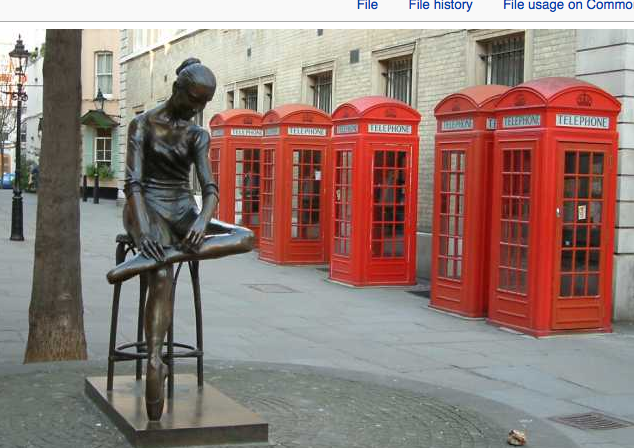According to Richard Turnill, BlackRock Global Chief Investment Strategist, the outcome of the June 23 UK referendum on whether to remain in the European Union could have far-reaching market implications in the near term.
“Betting markets imply a roughly 27 percent chance of a British-exit (or Brexit), but momentum has been building toward a leave vote, as evident in the chart below.” he writes on his company’s blog.

Other indicators suggest a higher probability of a Brexit and a much more uncertain outcome. Traditional polls point to a near 50/50 race, and comments on Twitter are tilted toward a Brexit, BlackRock’s analysis shows.
So, what would be the investing implications of a Brexit? Turnill believes that the U.K. and other European assets would likely bear the brunt of a leave vote. The chart above suggests the British pound could drop significantly in the event of a Brexit. “We would also expect to see U.K. equities (especially domestically exposed small- and mid-caps) decline under a Brexit scenario.” He mentions.
In addition, a leave vote would likely shock global markets. They believe risk assets — including stocks and credit — would suffer in the resulting risk-off environment, as concerns about political instability and a reversing globalization trend would lead to higher risk premiums. Peripheral European assets and the global financials and materials equity sectors would be especially exposed, according to their stress-test analysis. Political risk could also rise amid uncertainty over the succession to British Prime Minister David Cameron. BlackRock believes safe-haven investments would benefit from this situation.
What if the U.K. votes to stay? “We see risk assets rallying, safe-haven assets suffering, the pound getting a boost and market attention turning to the upcoming U.S. presidential election. The key for the next few weeks: Caution. We believe now is a good time to dial down equity and credit risk, and U.K. investors may want to put in place hedges against a potential Brexit outcome,” Turnill concludes.

